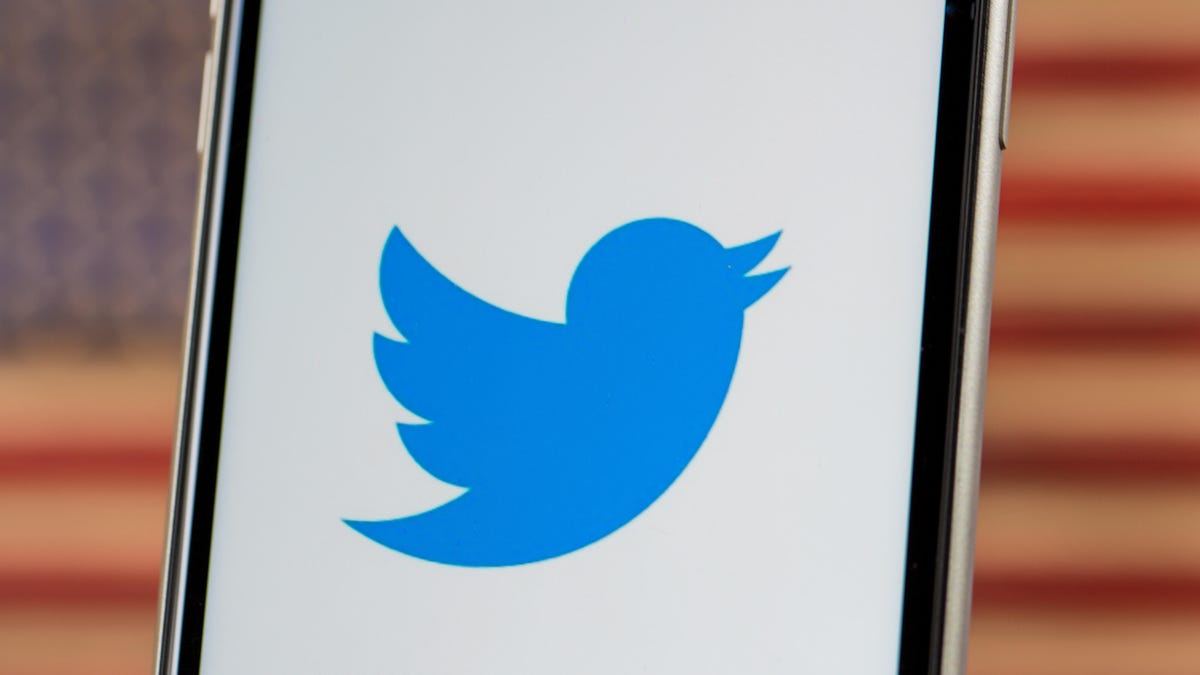Social media firms could be sued for censoring political speech under new bill
US Sen. Josh Hawley claims big tech companies "have used their power to silence political speech from conservatives."

Social media platforms could be sued for content posted by users.
Sen. Josh Hawley introduced a bill Wednesday that would allow people to sue tech companies for "selectively censoring political speech." Online platforms would have to update their terms of service to include a commitment to act in good faith, and could be fined $5,000 if they break that promise. The bill also prevents online platforms from hiding content from competitors.
"Big tech companies like Twitter , Google and Facebook have used their power to silence political speech from conservatives without any recourse for users," Hawley said in a statement, adding current laws give them "outlandish power."
The bill, which is being co-sponsored by Sens. Marco Rubio, Mike Braun and Tom Cotton, is another bid to amend Section 230 of the 1996 Communications Decency Act. It's considered the most important law protecting speech online, preventing social media platforms like Facebook and Twitter and internet providers like Verizon and Comcast from facing lawsuits over posts made by users on their services.
The Justice Department earlier Wednesday unveiled its proposal to amend Section 230 to remove those protections for online platforms.
The DOJ proposal follows President Donald Trump signing an executive order late last month targeting social media companies after Twitter applied a fact-checking label to Trump's tweets on mail-in voting, saying they contained "potentially misleading information."
"The censorship and bias is a threat to freedom itself," Trump said at the signing. He accused social media companies of failing to be "neutral platforms."
Later in May, Twitter also labeled a tweet by the president about protests and riots in Minnesota over the death of George Floyd in police custody. This time, Twitter screened out Trump's tweet behind a warning label that says the post violates the site's rules about "glorifying violence."
Trump's executive order is itself facing a lawsuit by the nonprofit Center for Democracy and Technology, alleging that the order violates the First Amendment.
"The order seeks to curtail and chill the constitutionally protected speech of all online platforms and individuals by demonstrating the willingness to use government authority to retaliate against those who criticize the government," the CDT's lawsuit alleges.

